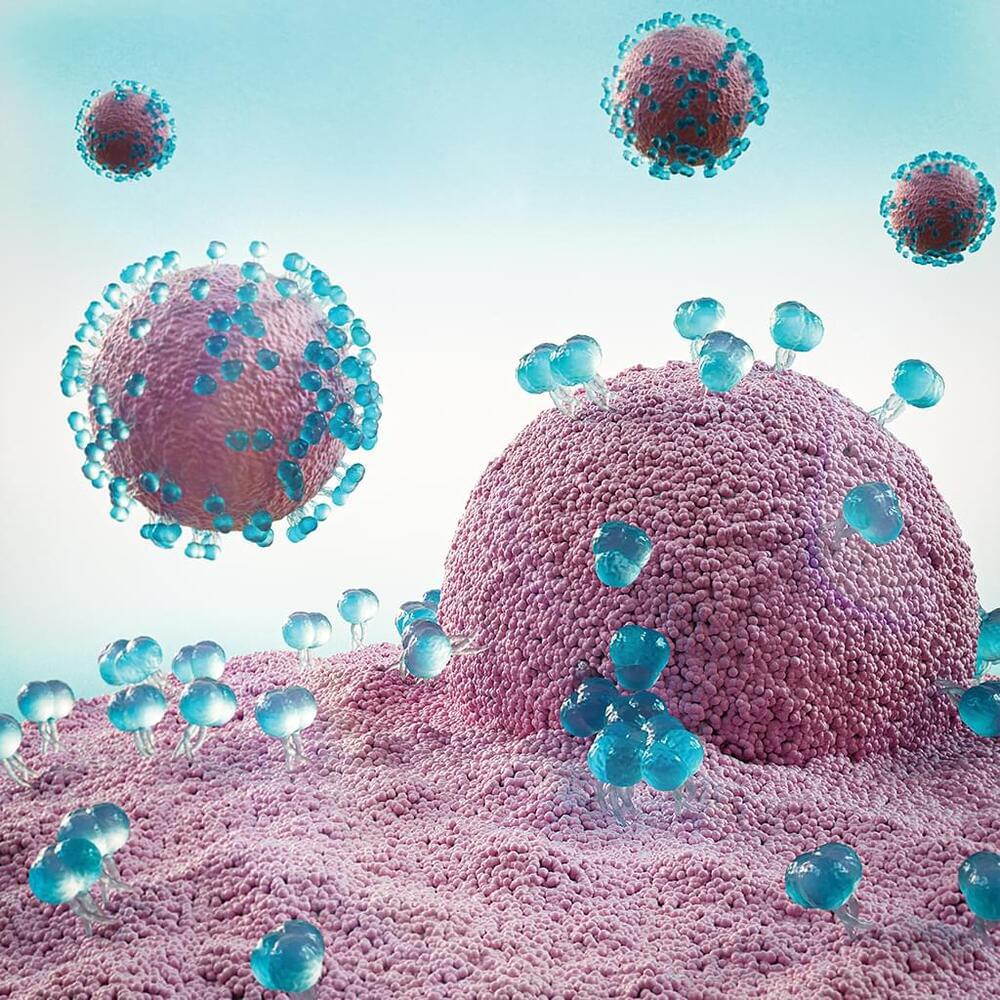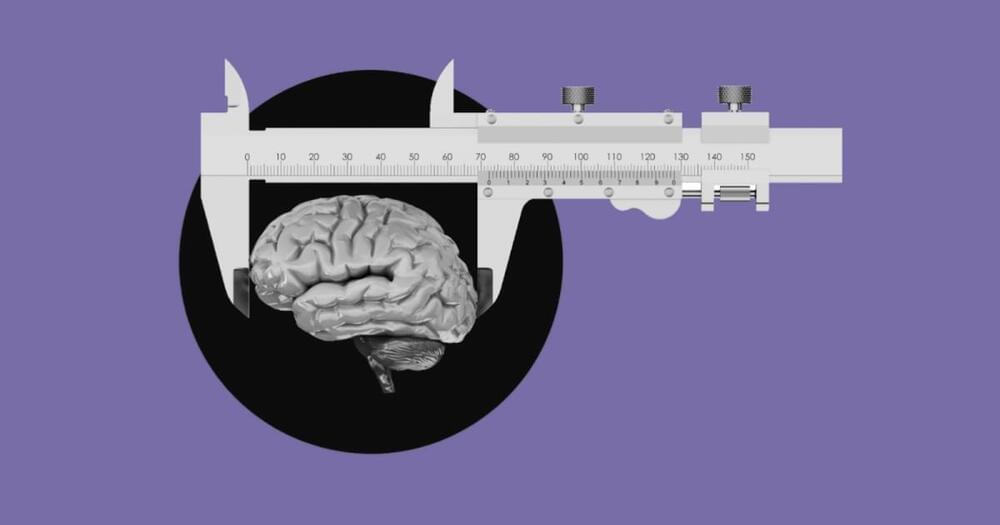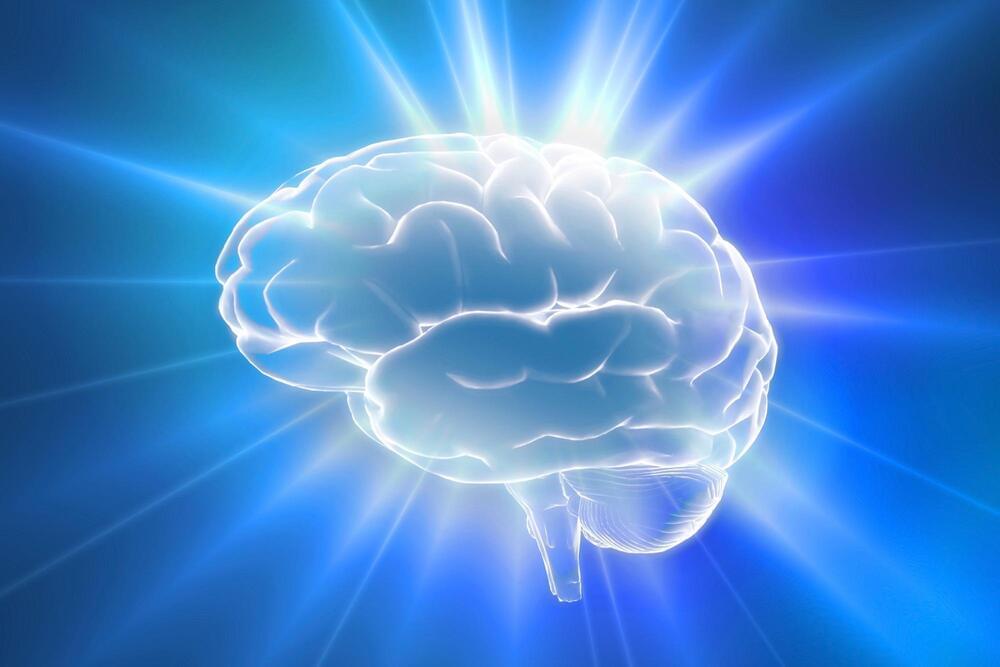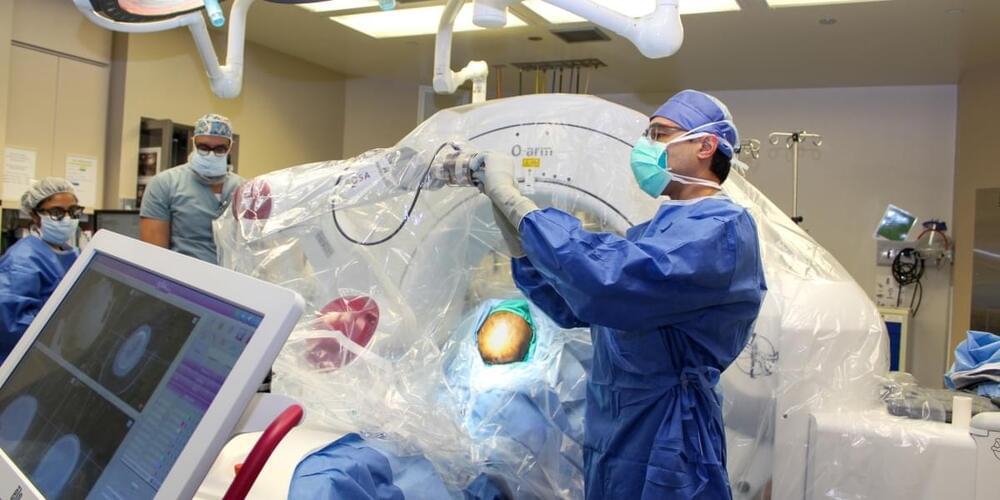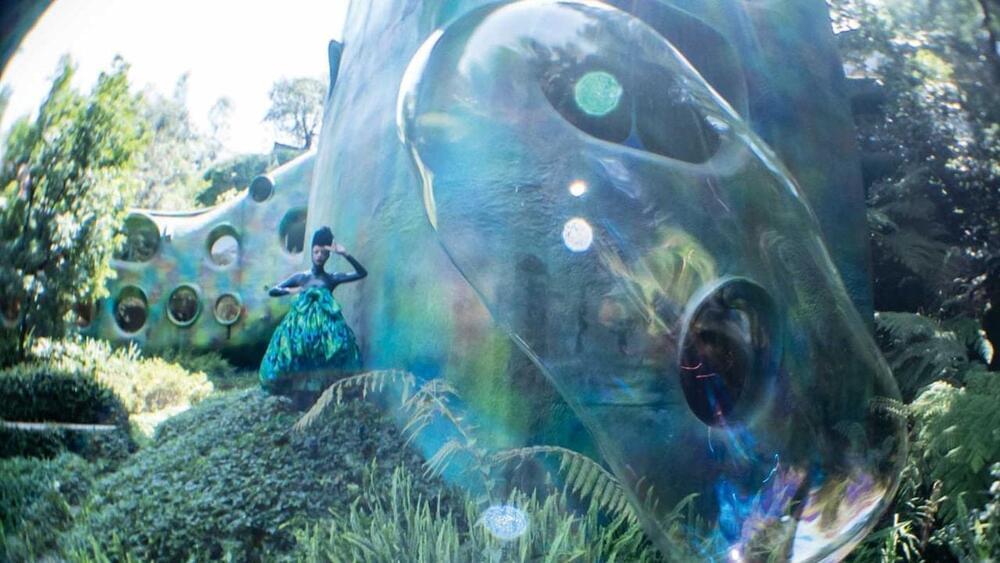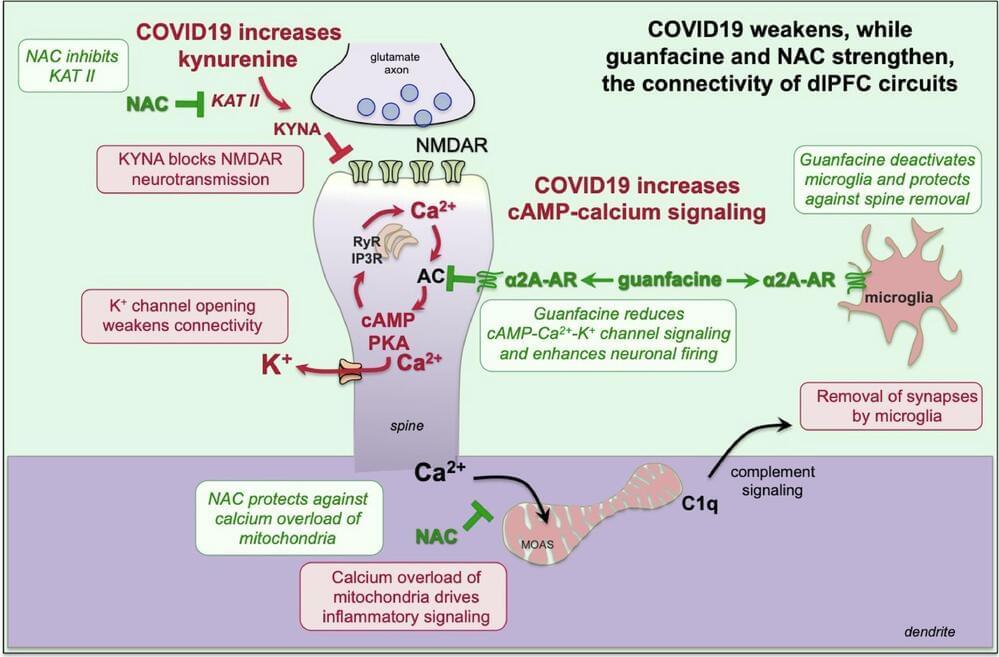Many investors are jumping to inject money into the startup.
Bill Gates and Jeff Bezos-backed foundations (Gates Frontier and Bezos Expeditions) have joined other companies in investing $75 million in Synchron, the endovascular brain-computer interface (BCI) company, according to a press release by the organization published on Thursday. This is a Series C financing round led by ARCH Venture Partners that brings the total amount raised since inception to $145 million.
Many investors on board.
Additional companies investing are Reliance Digital Health Limited, Greenoaks, Alumni Ventures, Moore Strategic Ventures, and Project X join ARCH as new additional investors.
Synchron through Business Wire.
The funding will serve to support and promote the development of Synchron’s first platform product (Synchron Switch BCI), as well as the beginning of a pivotal clinical trial.


